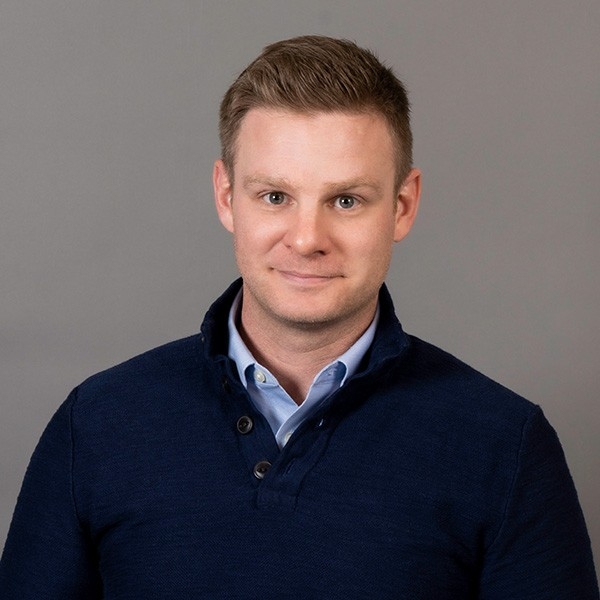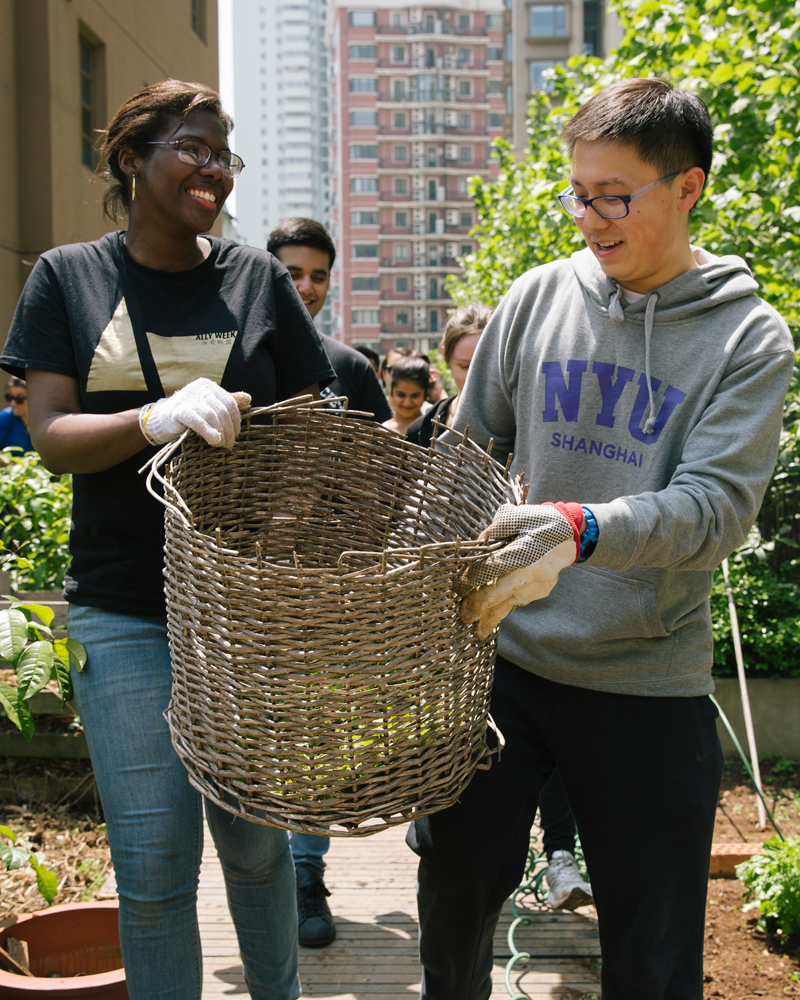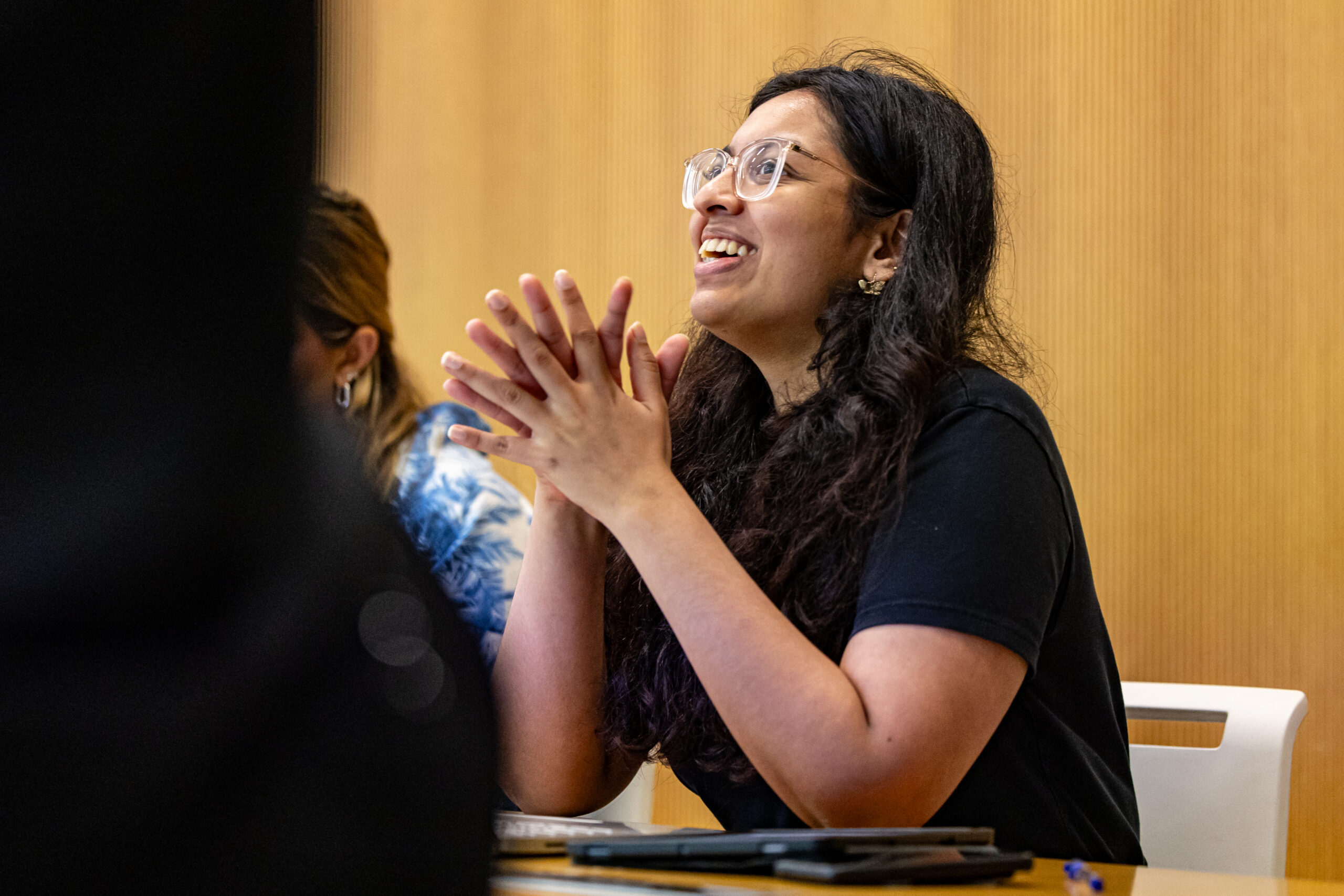Thank you for checking out the second installment of our two-part series dedicated to service-based classes at NYU. In part one, we looked at courses at the Silver School of Social Work. Here in part two, we cover even more service-learning classes offered across NYU’s schools and colleges—including at its degree-granting campuses in Abu Dhabi and Shanghai.
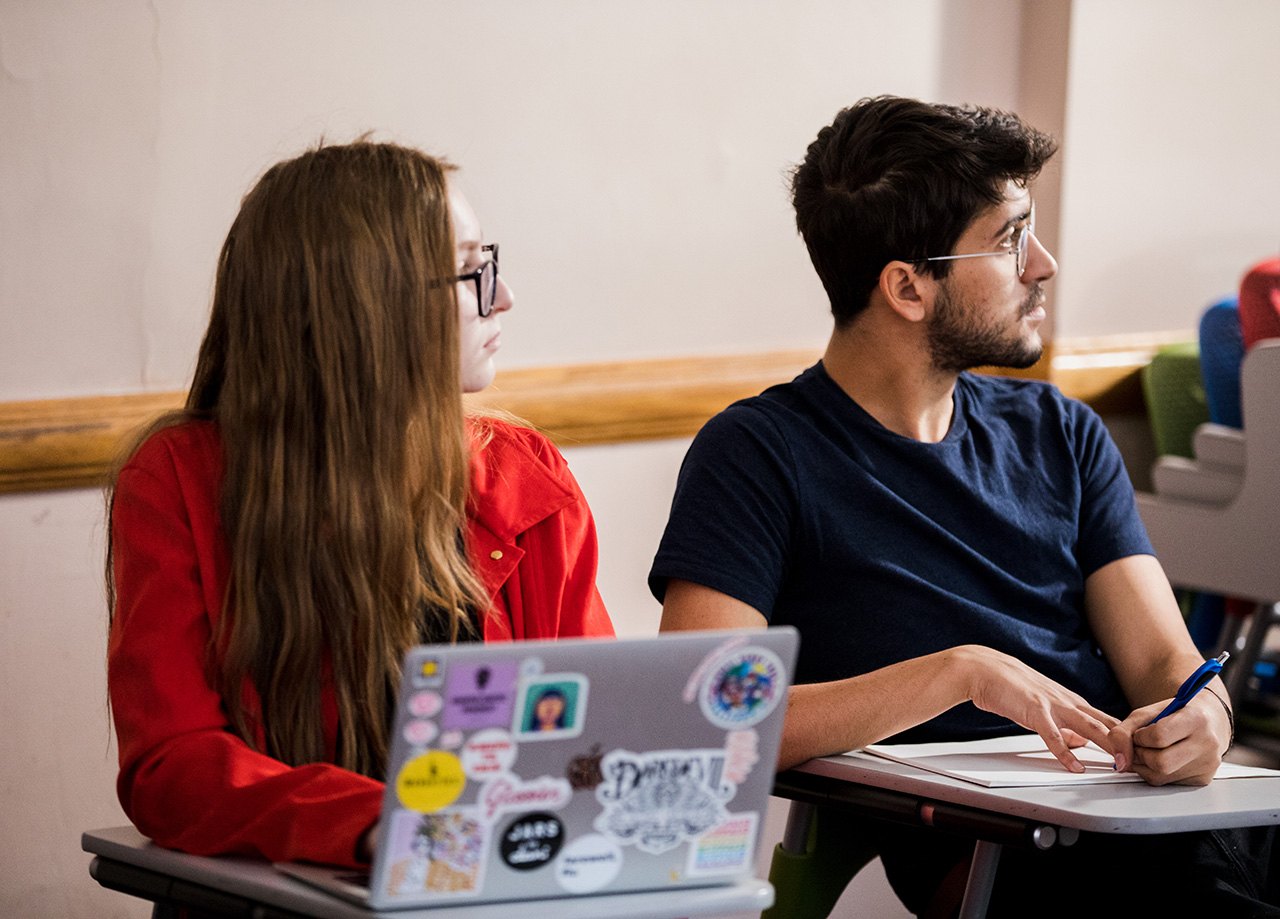
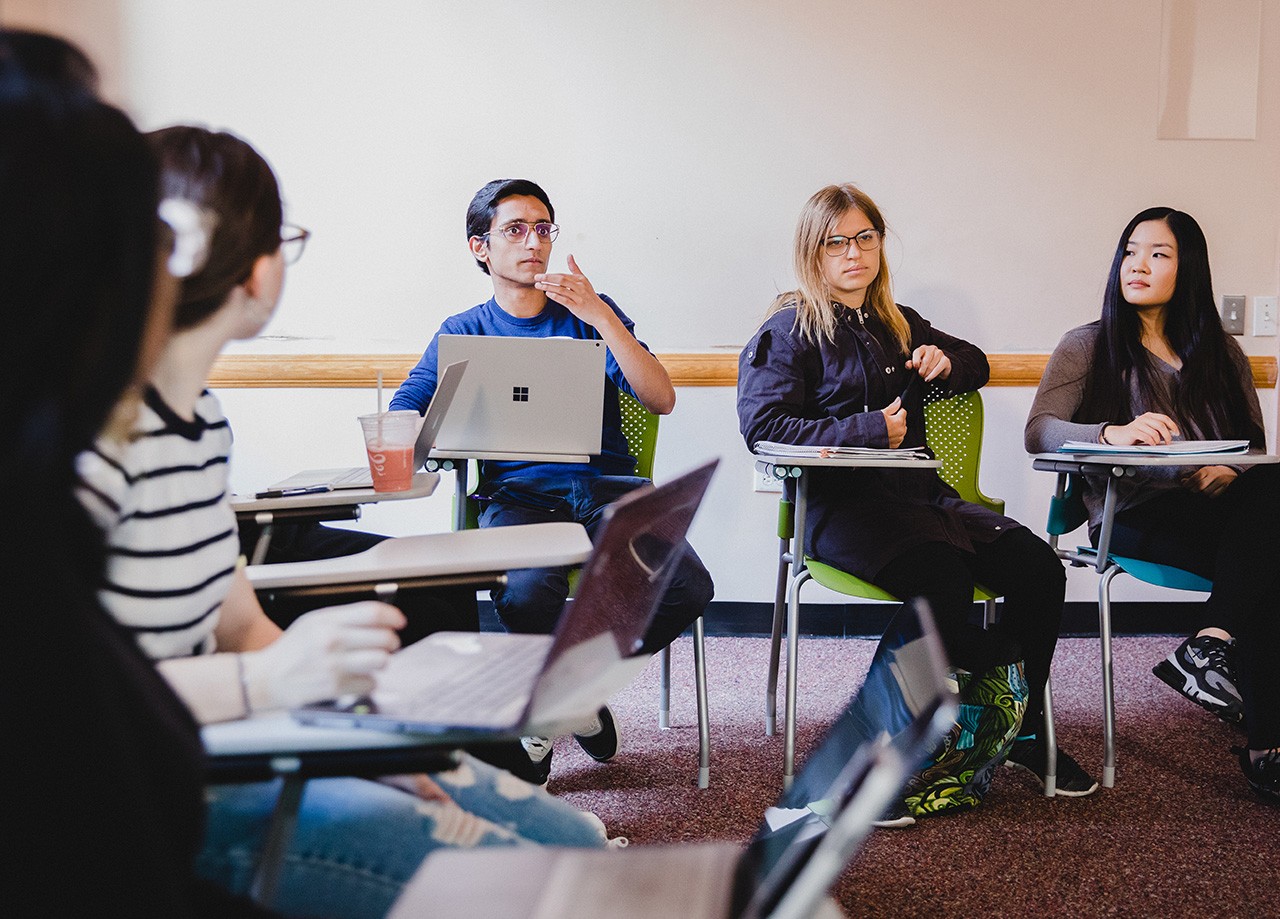
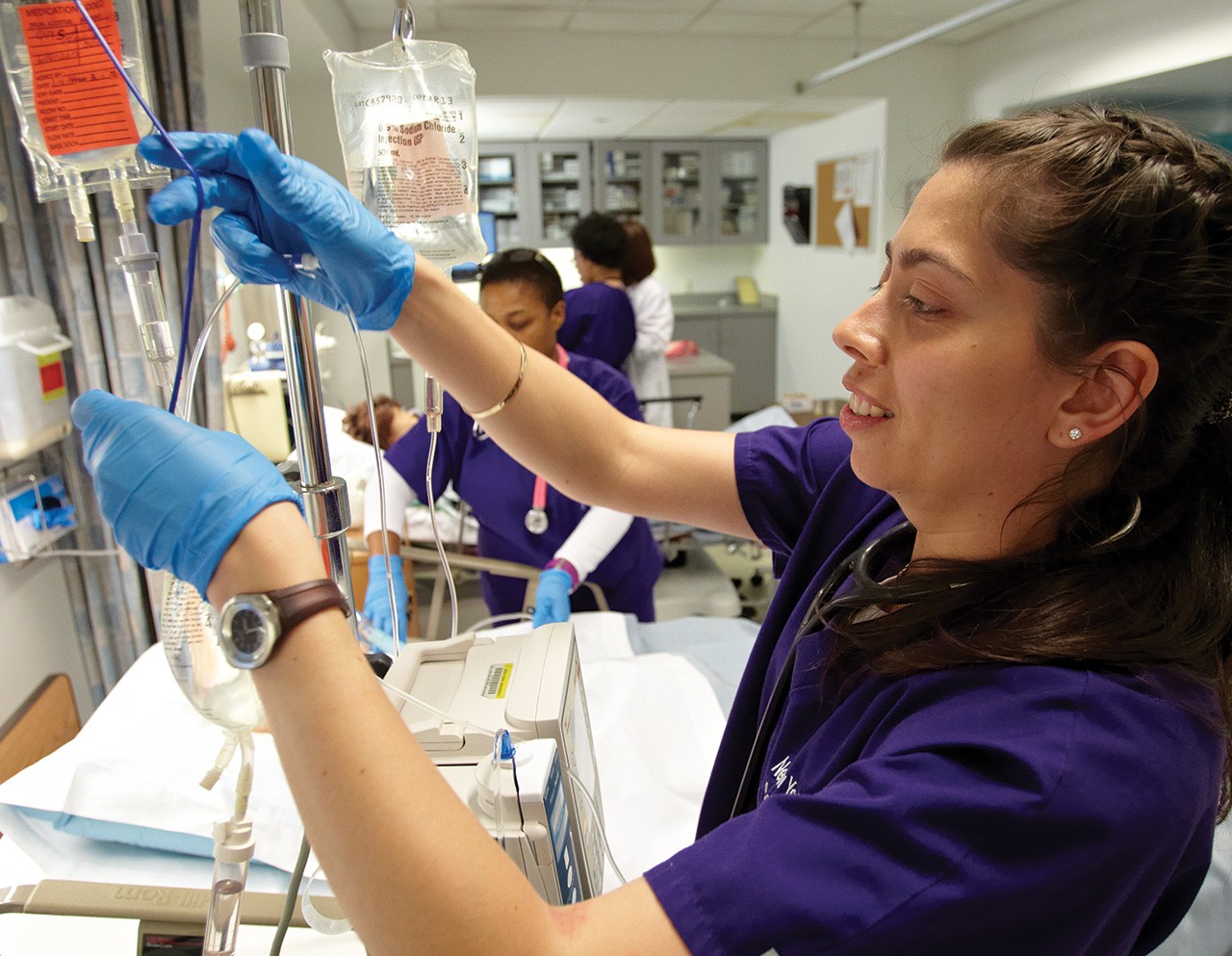
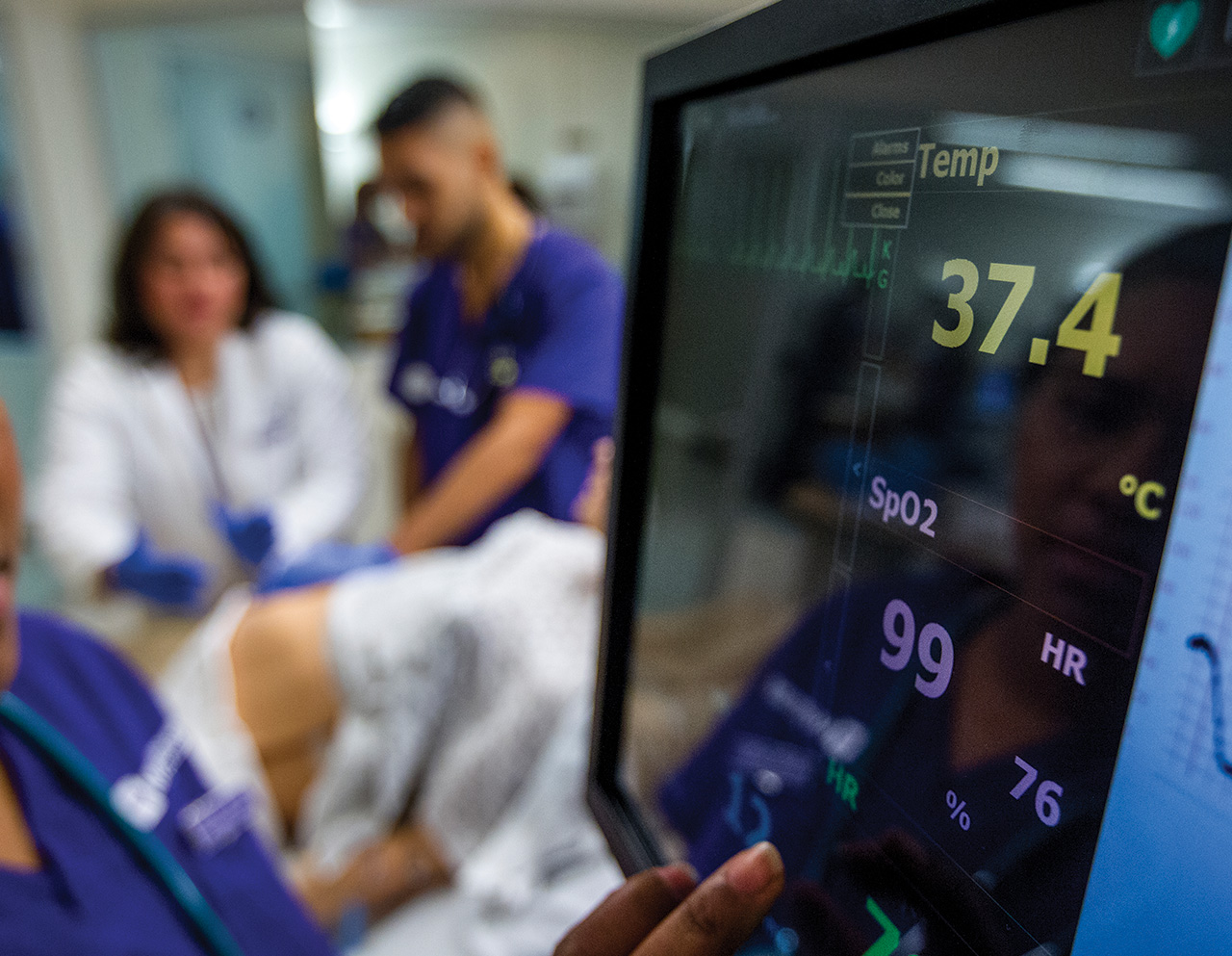
Community Health Nursing
A requirement for most nursing undergraduates at the Meyers College of Nursing, this course’s clinical rotation places students in neighborhood settings—residential and community centers, ambulatory care clinics, and homes—where they help to enhance the health of community members who struggle to access regular health care. Alumnus KP Mendoza, who served community members at the Stanley M. Isaacs Neighborhood Center in Manhattan’s Upper East Side, came away from the experience with a clearer understanding of the challenges underserved and impoverished communities face in obtaining health-care education and services. “I really saw the gap between people who can afford health care and education and those who can’t,” he says. “I saw in real time the need for a long-term commitment to health-care education for those who, traditionally, don’t have easy access to it.”
Disability Studies
Students learn about the history of disability, assistive technology, and universal design as well as digital production techniques that prepare them for their final projects: working with their consultants—individuals living with cerebral palsy or intellectual disabilities—in order to share their stories through a digital presentation. In this Tandon School of Engineering service-learning course, students visit their consultants in their homes and care centers, run errands with them, go on field trips, and, most importantly, talk with them about their lives and the challenges they face. “Getting together with my consultant every week, becoming friends, and witnessing her struggles firsthand helped me see how much needs to be done to help her and others like her,” says Yanxin Jiang, an Integrated Digital Media major.
Language and Power
As part of NYU Shanghai’s Deans’ Service Scholars Program, this course gives students from different majors and classes the chance to teach English to young students at local schools for migrant communities in Shanghai. With a focus on making English learning a positive and joyful experience for their young pupils, NYU students dedicate their in-class time to understanding how social, cultural, and political ideologies influence language learning. “This course enhanced my understanding of the essence of education,” says Huang Sijia, a rising junior Psychology major. “I felt a sense of accomplishment in the growth of the kids whom I taught, and I’m more determined to work in the educational field once I graduate.”
Watch as Language and Power students put service learning at NYU into action.
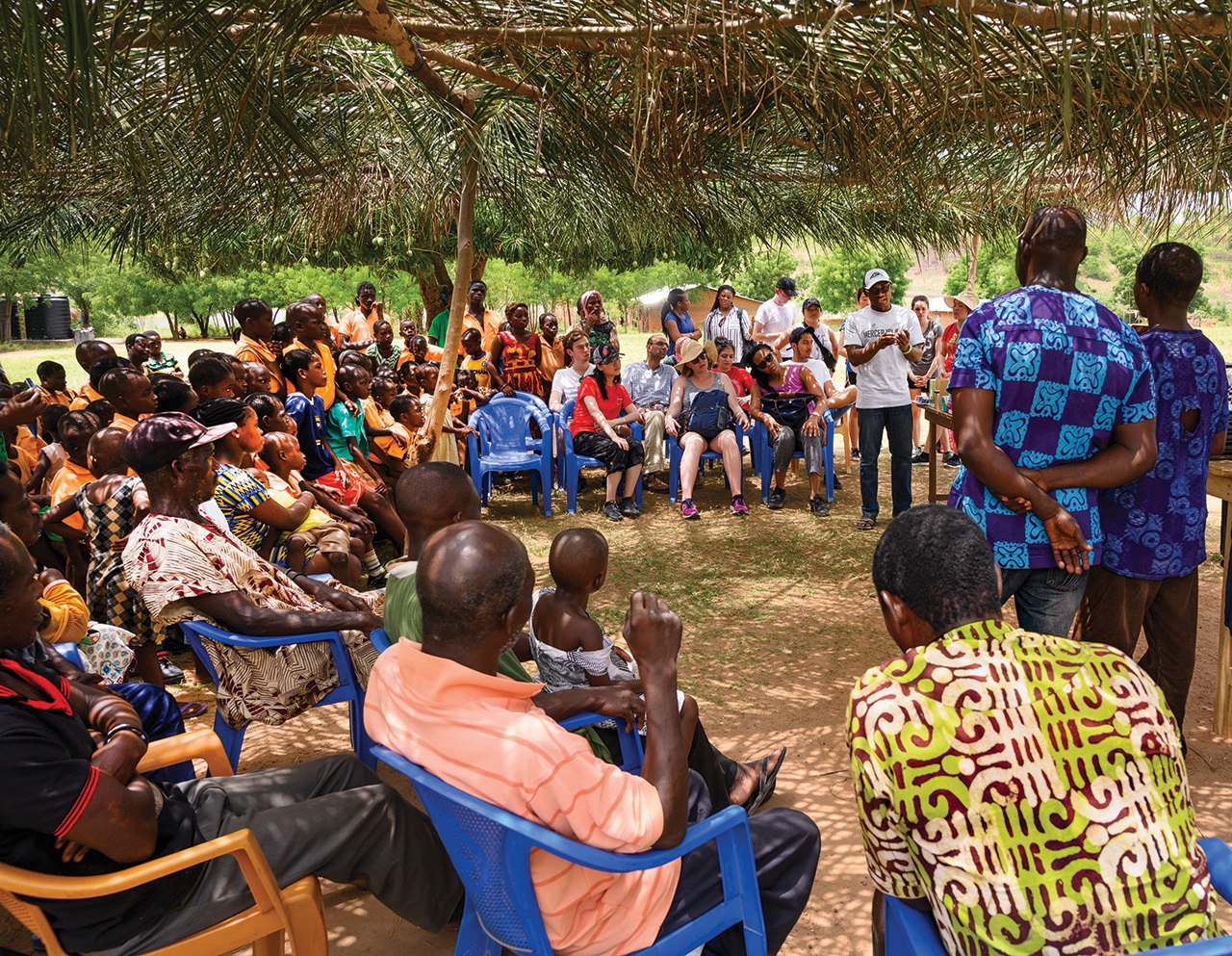
Stern International Volunteers: Social Entrepreneurship in Ghana
By traveling to the Woadze Tsatoe village in Ghana to assist community members in developing sustainable economic ventures, Stern School of Business students in this class get an in-person look at how business can serve as an agent for social change. In previous years, they helped launch a batik business, plan a clean water system, and build and outfit a school building. Ben Wierzbicki, a Business major who took the class during his first year at NYU, was part of a team that helped create an irrigation vegetable farm. “We witnessed and contributed to a business literally being built from the ground up,” he says. “I will never forget how energized we all were by the prospect of establishing a successful business in the short amount of time we were there.”
Engineers for Social Impact
Students in this NYU Abu Dhabi class travel throughout the Middle East region to work with communities on projects that help them become more resilient. Through these collaborations, the students examine the ethical implications of engineering and gain new perspectives on what it means to have a positive impact on the world. In the past students have partnered with citizens in Mumbai, India, to improve water stability and to reimagine the business model of a pottery village. “Students shouldn’t expect to go into a community with solutions in mind,” says Professor Matthew Karau. “They should be ready to engage in conversations that matter in order to see what a community’s challenges are and then work side by side with them to create opportunities to address those challenges.”

Writing in Community
“I love writing and am passionate about social justice, and this course gave me the chance to combine these two interests,” rising junior Eliza Ohlund says. Through this course in the College of Arts and Science, students serve as writing mentors at the Humanities Preparatory Academy in New York City’s Chelsea neighborhood, where they work one-on-one with students to build their information gathering, analytical, and reporting skills in preparation for college-level writing. In the classroom the NYU students learn about current pedagogical ideals and discuss pressing social issues as they relate to their mentoring experiences. “Even though I was technically a mentor, there was no hierarchy in my partnership. I learned as much from him as he did from me,” Eliza shares. “The student I worked with was so diligent, hardworking, and focused that he helped me aspire to achieve more.”
Assistive Technology
Also part of NYU Shanghai’s Deans’ Service Scholars Program, this project-based class pairs student groups with individuals with disabilities in the Shanghai community. The groups meet with their partners and their caregivers on a regular basis to learn about their lives and understand the challenges they face in completing everyday tasks. With this understanding, and coursework that includes software programming, machine learning, and 3-D fabrication, students design, develop, and prototype novel assistive devices to help their partners address a specific challenge. The devices are then reviewed by their partners as well as industry professionals. “This course gave me the chance to apply design thinking concepts to an authentic project for the first time,” rising junior You Xu says. “My group continues to revisit the empathize and define stages to develop a better, more useful device for our partner.”
